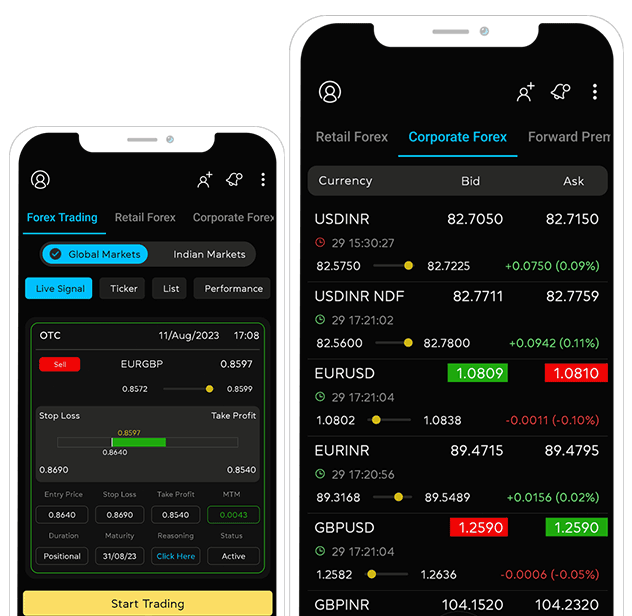Loading...
We are regulated
SEBI Registration
Registered Investment Advisor(RIA)
NISM-202100075147

Sub-Broker
AP0091502703
CIN
U65910DL2014PTC320897

Ready to start making good choices?
Receive forex updates right in your mail box or Whatsapp

We use cookies to enhance your experience on our website. By continuing to use this site, you consent to the use of cookies in accordance with our Cookie Policy. You can manage and change your cookie settings at any time.




